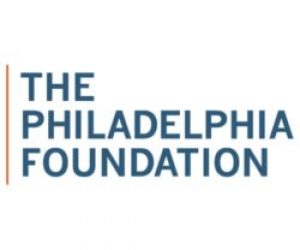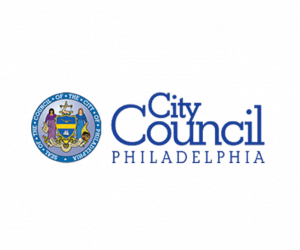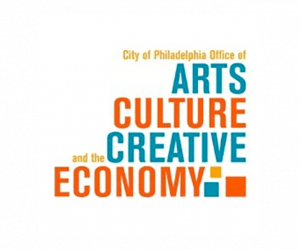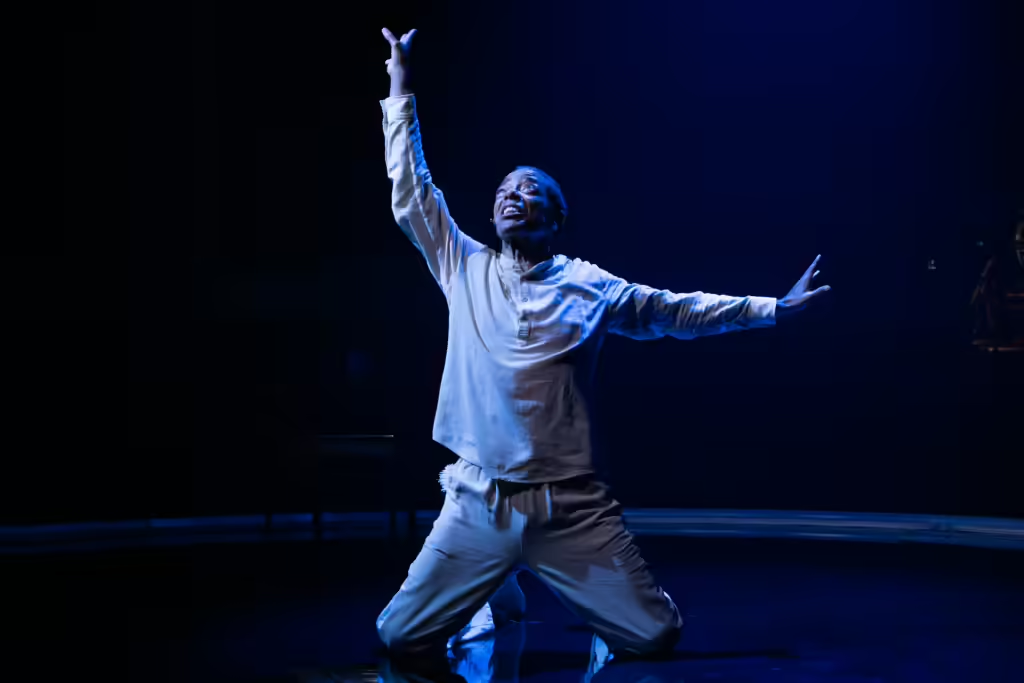
Philadelphia Theatre Company recently hosted the world premiere of “The Duat,” a play by Roger Q. Mason. In an insightful conversation, Mason discussed the development of the play, the themes it explores, and their journey as a playwright.
Roger Q. Mason (they/them) has an obligation to bring forth complex truth; using their many theatrical disciplines and captivating movement, Mason is a transcendent force of fervor.
“The Duat,” their most recent creation and third production of 2024, is a subversive play that follows the journey of a recently deceased Black FBI informant (Frank X) navigating the deliverance of his soul within the Egyptian afterlife. Directed by Taibi Magar, this rhythmic and cerebral performance is uniquely profound, performed chiefly by one man, and elevated with live drumming (Barbara “Muzikaldunk” Duncan) and Pan-African choreography. Frank X carries the weighted gaze of the audience as he channels family members, schoolmates, lovers, and adversaries, shedding light amid the social tensions of the Black experience during the Civil Rights and Black Power movements of the 1960s, 70s, and 80s. His unburdening is witnessed and judged by the audience, who plays a role of its own within the emotional narrative of forgiveness.
A multi-hyphenated playwright and performer, Mason is no stranger to the diligence it requires to nurture and champion your creative spirit. They came by this wisdom honestly, starting out as an actor and a dancer. Today, they are hailed by The Brooklyn Rail as “one of the most significant playwrights of the decade.” Throughout their numerous lives in the world of theater, academia, and production, they have made it a mission to amplify marginalized voices and provoke thoughtful reflection on the human condition.
Every performance of ‘The Duat’ is a unique experience, with the audience playing a crucial role. As Mason puts it, “I know that each performance is an opportunity to discover, to play, to find something different and more penetrating, whether it’s thematic or narrative or social that the piece is mining.” The June premiere in Philadelphia was a culmination of learning and adaptation, with changes in the script made following the final previews. This reflects Mason’s decisive commitment to refining their work through feedback and review, as well as the audience’s active participation in the evolution of the play.
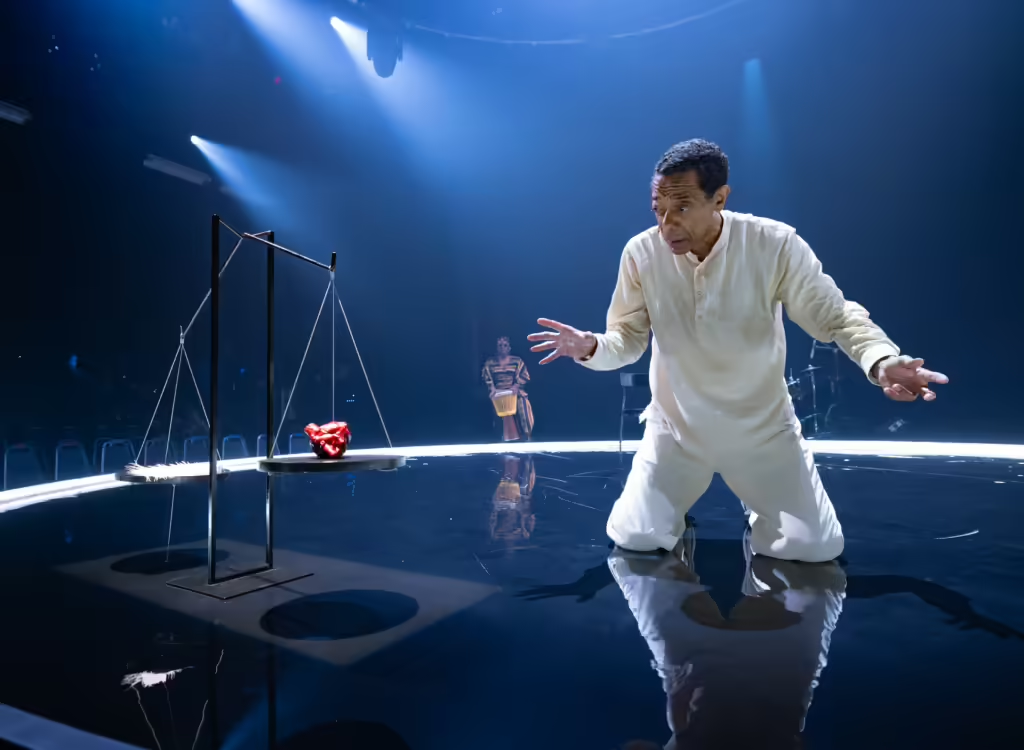
Each play Mason writes is a spiritual procession and a negotiation of editorial insight. They emphasize how the strength of community, experimentation, and measured development of their entrepreneurial persona has shaped their understanding of the bureaucratic world of art-making. The entrepreneurial business of playwriting is akin to running a small LLC or start-up. There’s persistence, self-determination, and “civic patience”–waiting for culture to catch up with the artist’s vision. Mason argues, “I think you’re a professional as long as you think you’re a professional.”
They insist that the reality of bringing any creative idea to life is how much advocating, consistency, and discipline you can foster. “Part of this game is about persistence and dedication, so much of it is about staying in the game, through the lean years, the moments of self-doubt, of criticism from colleagues and higher-ups, those moments that make you doubt whether you should still do this thing or not.”
Part of it is also about the community and networks of collaborators that you meet along the way. Putting on a show to this degree of technical proficiency and creative articulation is an act of love and devotion, but still labor and Mason does not neglect to mention their appreciation for the team behind the production: artistic directors Taibi Magar and Tyler Dobrowsky. They add, “This City of Philadelphia is so immensely lucky to have people of their caliber, pedigree, expertise, and imagination in their midst. They are at the beginning of a new stage of their lives as arts administrators. And I’m looking forward to seeing them blossom and watching this city embrace them and blossom with them in the years to come.”
With its deep history in the Black Power movement and multidisciplinary artistic community, Philadelphia was an ideal location for the premiere. The city’s pride in hosting the play and its reception have highlighted the relevance and impact of Mason’s work and placed further emphasis on the endurance of art and storytelling: “Philadelphia is a truly multidisciplinary artistic town. It is a city that understands that art is one conversation expressed through many different disciplines. And that audiences should be shared between those disciplines. And that in order to build the next generation of great artists and arts patrons, you have to educate people on the vocabulary of art appreciation and art making from an early age.”
“The Duat” is playing its final shows this weekend through June 23rd at the Philadelphia Theatre Company. Buy your tickets now for the final shows!



